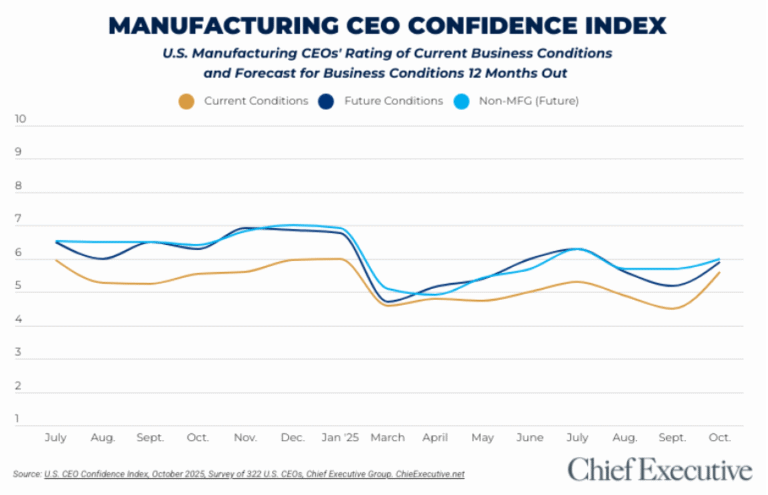
Beyond Meat and Impossible Foods have roiled the meat business with their realistically performing hamburger analogs, deals with fast-food chains and breathless media coverage of their ingenuity.
But Lightlife Foods and its president, Dan Curtin, have taken aim at what might be the soft underbelly of the fake-burger phenomenon: the fact that these new products are designed meticulously in a laboratory, highly processed, and include lots of derived ingredients.
American consumers generally have demonstrated an increasing desire for simple ingredient lists and “real,” whole foods. And although Beyond and Impossible burgers are “plant-based,” hitting another hot spot in today’s consumer market, they aren’t simply plucked off the vine.
Lightlife was a pioneer in plant-based meat analogs long before the Impossible Burger and Beyond Meat were even conceptualized; it was an $80-million brand in 2018, according to Dun & Bradstreet. And in a new ad campaign launching a simplification of the ingredients for its imitation burgers, sausages and other products, Chicago-based Lightlife is boldly taking on the new meatless-burger giants from California.
“An Open Letter to Beyond Meat & Impossible Foods,” read the headline of a recent full-page ad placed by Lightlife in the Wall Street Journal. It went on to read, “Enough with the hyper-processed ingredients, GMOs, unnecessary additives and fillers, and fake blood. While we want the same things – a greener planet and a more sustainable food system – at Lightlife, we’ve chosen a very different way to get there.
“We’re making a clean break from both of you ‘food tech’ companies that attempt to mimic meat at any cost,” the ad continued, explaining Lightlife’s own commitment to “using simple ingredients” that “are clean, recognizable and simple to pronounce.” It was signed by Lightlife President Dan Curtin.
What did Curtin mean? Well, indeed, scientists developed the two companies’ fake-ground-beef products in laboratories and engineered them carefully to mimic meat, right down to “bleeding” on the grill and including synthetically produced soy leghemoglobin for flavor and color.
“The future of plant-based is around clean and nurturing that tastes delicious,” Curtin told Chief Executive. Lightlife’s simplification of its ingredient list – in line with modern consumers’ expectations – “is an opportunity to challenge not only our own team but to challenge the industry: Let’s clean up our act.”
Lightlife took out the ad, Curtin said, because “we want to speak from the heart and from facts, and that’s what we did. Let’s get it out there and let consumers know there are options – better options that fit what they told us they were looking for that wasn’t in the marketplace before we made changes.”
The company, a unit of Canada-based, $4-billion Maple Leaf Foods, also has been advertising its position in other media channels and changed the packaging of its remade product line to emphasize its simple ingredients.
Consumer response via social media has been “really good,” including “strong feelings on both sides” of the issue that Lightlife highlighted, Curtin said. “We’re excited that we created this discussion.” Beyond Meat and Impossible Foods responded only obliquely via social media, he said.




0

1:00 - 5:00 pm
Over 70% of Executives Surveyed Agree: Many Strategic Planning Efforts Lack Systematic Approach Tips for Enhancing Your Strategic Planning Process
Executives expressed frustration with their current strategic planning process. Issues include:
Steve Rutan and Denise Harrison have put together an afternoon workshop that will provide the tools you need to address these concerns. They have worked with hundreds of executives to develop a systematic approach that will enable your team to make better decisions during strategic planning. Steve and Denise will walk you through exercises for prioritizing your lists and steps that will reset and reinvigorate your process. This will be a hands-on workshop that will enable you to think about your business as you use the tools that are being presented. If you are ready for a Strategic Planning tune-up, select this workshop in your registration form. The additional fee of $695 will be added to your total.

2:00 - 5:00 pm
Female leaders face the same issues all leaders do, but they often face additional challenges too. In this peer session, we will facilitate a discussion of best practices and how to overcome common barriers to help women leaders be more effective within and outside their organizations.
Limited space available.

10:30 - 5:00 pm
General’s Retreat at Hermitage Golf Course
Sponsored by UBS
General’s Retreat, built in 1986 with architect Gary Roger Baird, has been voted the “Best Golf Course in Nashville” and is a “must play” when visiting the Nashville, Tennessee area. With the beautiful setting along the Cumberland River, golfers of all capabilities will thoroughly enjoy the golf, scenery and hospitality.
The golf outing fee includes transportation to and from the hotel, greens/cart fees, use of practice facilities, and boxed lunch. The bus will leave the hotel at 10:30 am for a noon shotgun start and return to the hotel after the cocktail reception following the completion of the round.